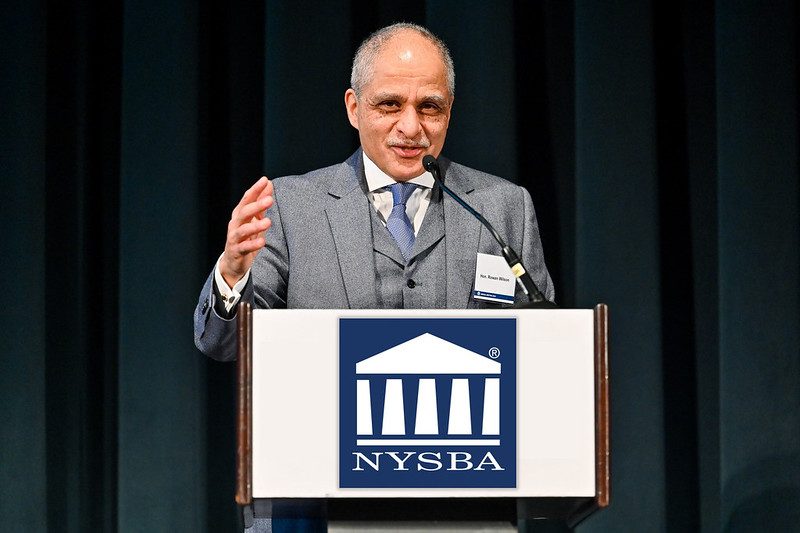Commercial Cannabis Sales Bring Big Bucks to a Long Island Town
1.18.2024

The Town of Babylon is reaping the benefits of opting in. While most Long Island municipalities refused to allow cannabis sales, this Long Island town became one of the few to allow recreational dispensaries and businesses.
At a panel hosted by the Local and State Government Law Section at the New York State Bar Association’s Annual Meeting, Matthew McDonough, special counsel for the Town of Babylon, and Jacob Zoghlin, a land use and zoning attorney from Rochester, reviewed how marijuana sales have benefited the town that said yes.
The first store in Babylon, Strain Stars, opened in July. “They have been doing about $1.5 million of revenue a week,” said McDonough. “And the great thing about this, we get 3% of it.”
That equals $45,000. Another store, Happy Days Dispensary, opened nearby earlier this month. A few more stores are expected to open in the Town of Babylon by the end of the year.
“There have been no major crime issues,” said McDonough. “There are parking and traffic issues because they are that popular. . . as time as has gone on, those parking and traffic issues have reduced.”
He noted that the town is the only place in the surrounding area for cannabis, and that most of the customers are older adults.
There is a lot of money in marijuana. Curaleaf, one of the biggest cannabis companies, brought in more than $1 billion in revenue last year. “Municipalities are looking at their taxes and their mouths are watering,” said Zoghlin.
Municipalities that have opted out can opt back in for cannabis sales through a voter referendum or legislation.
Rules Restrict Cannabis Store Locations and Advertising
Municipalities can place limits on a cannabis store’s operating hours, appearance, and location – similar to the laws governing other businesses. “Things that municipalities do all the time, they can still do,” said Zoghlin. “It’s things you can already do as long as you’re not treating cannabis businesses differently.”
Likewise, a municipality cannot impose extra fees and taxes on a cannabis business unless they apply to similar businesses, like liquor stores.
In addition, the stores are subject to state zoning regulations, which restrict where they can be located. Under state law, dispensaries must be at least 500 feet from schools and at least 200 feet from places of worship. However, one attendee noted that there was confusion if daycares and preschools inside of churches were placed under the “school” or “place of worship” designation.
The Town of Babylon recently reduced the permitted distance between cannabis stores and residential areas from 1,000 feet to 750 feet, but changed how it calculates the distance between properties. Instead of measuring from a central point in the property, the town now measures from property line to property line.
Furthermore, stores cannot use cartoons, bubble-type font, neon colors in their advertising – or other marketing that targets people under the age of 21. Stores also cannot use colloquial terms in advertising, like “weed,” “stoner,” or “pot” – unless those terms are already in the store’s name.
“It hasn’t been this terrible rollout,” said McDonough. “It’s effectively the only place on Long Island that’s been open to stores . . . There’s been no major issues.”






